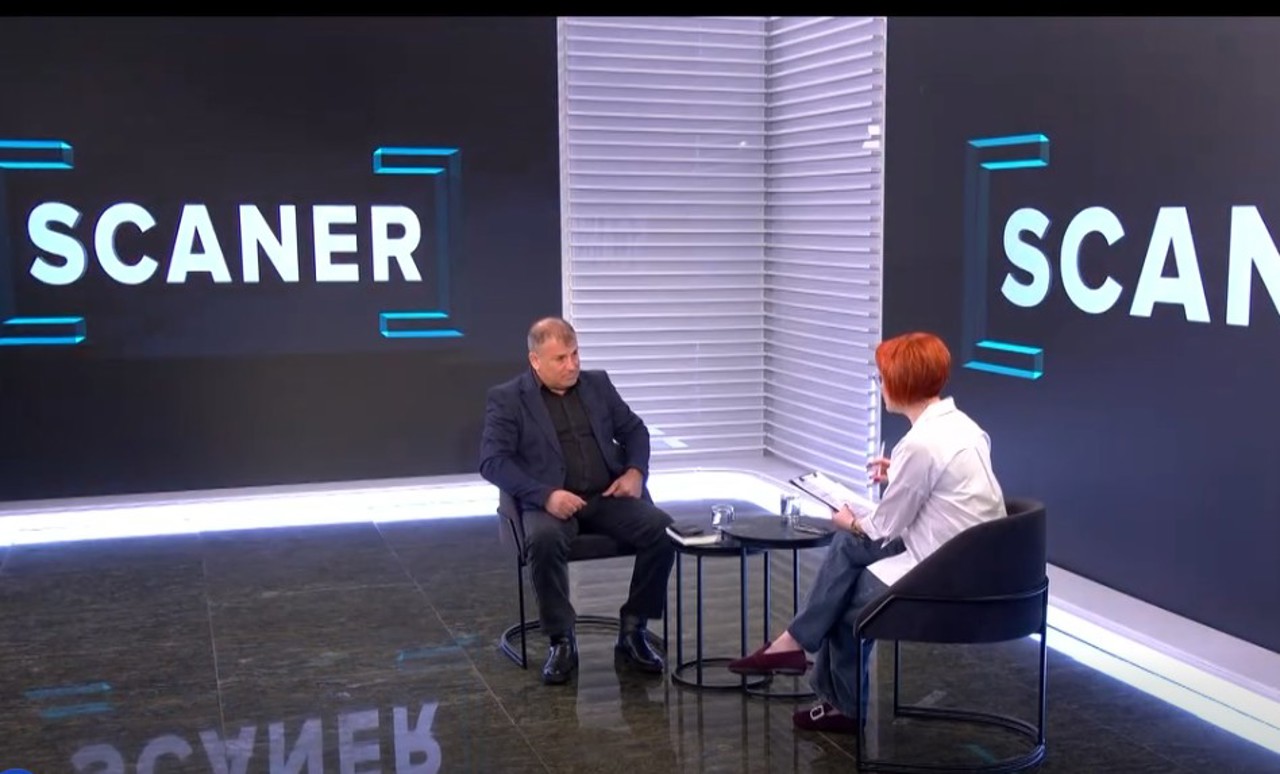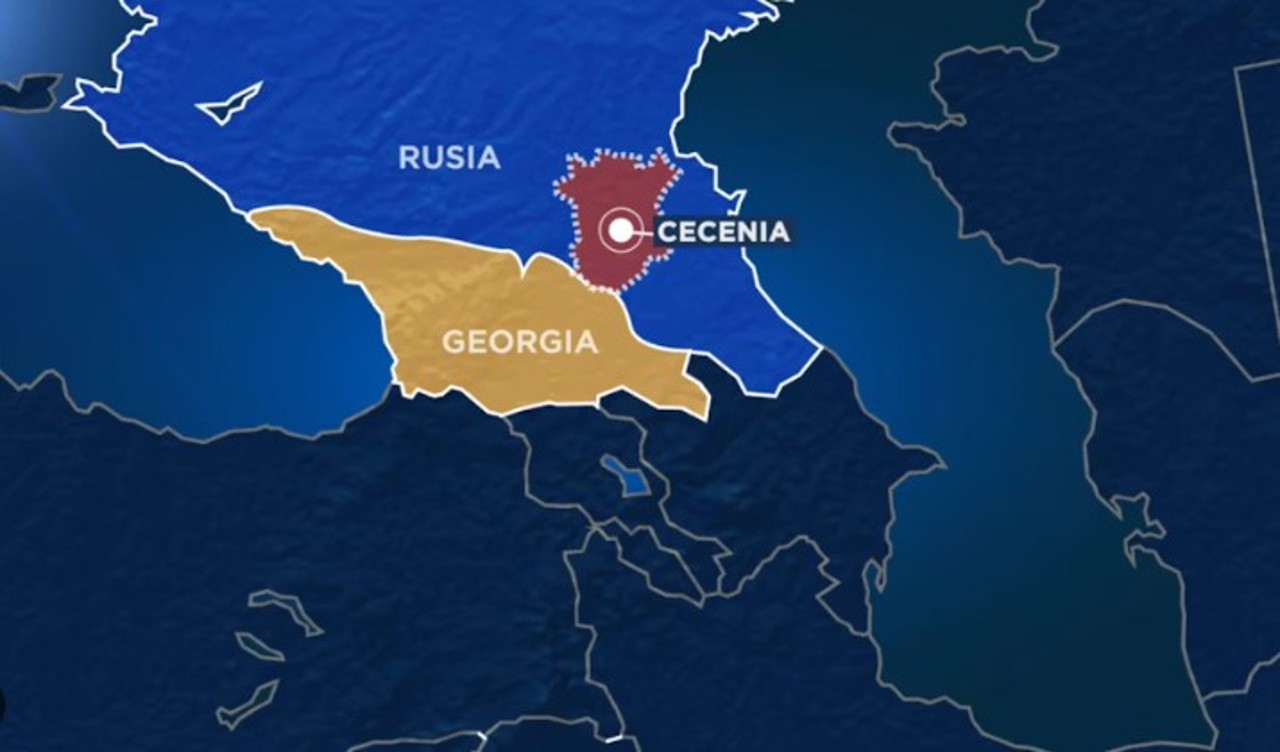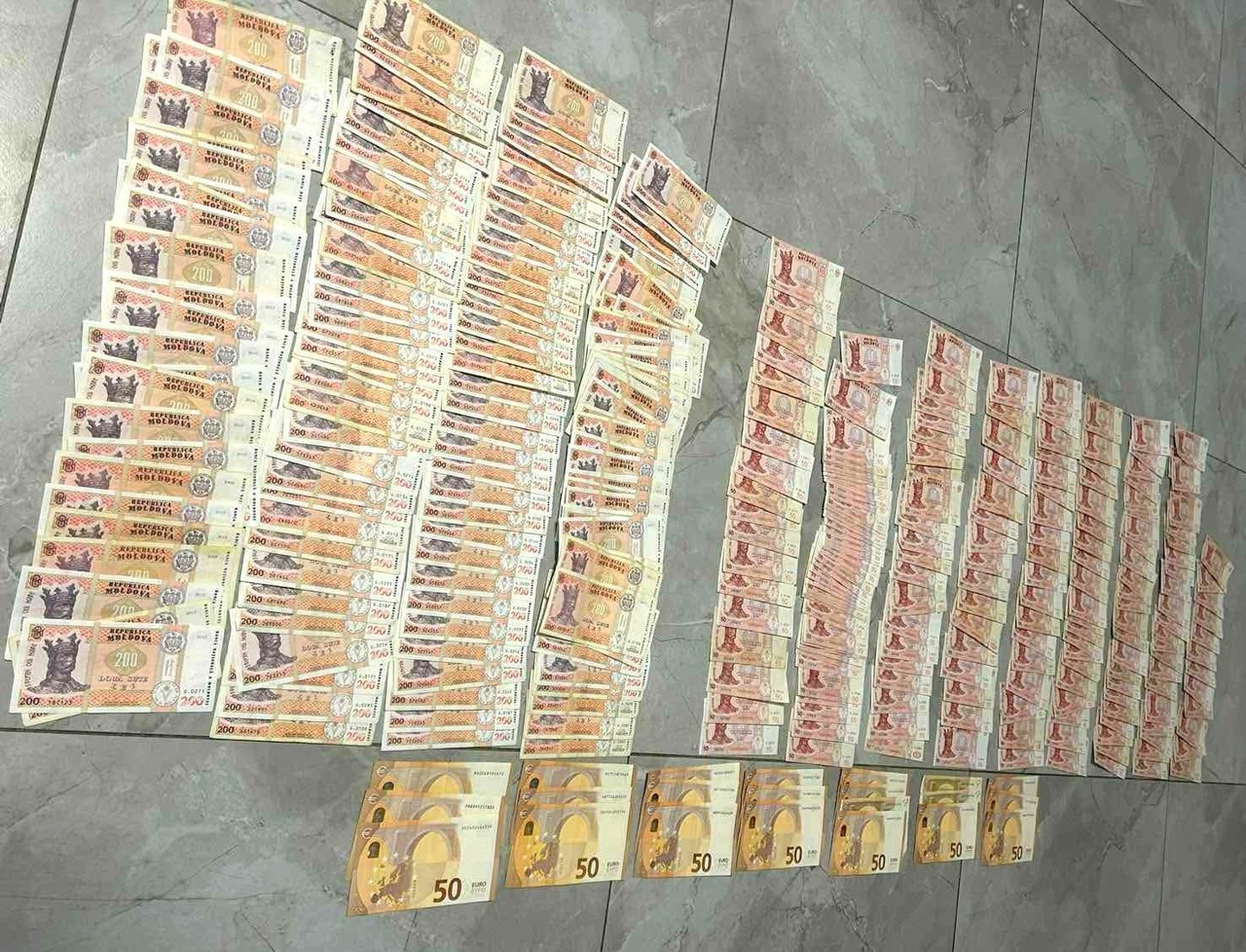ESC 2023 // How voting works and how you can help determine the winner
How does voting work in the Eurovision Song Contest (ESC) and how can you help determine the winner? In a nutshell, to determine the winner, all participating countries award points to their favourite songs. The country that accumulates the most points in the grand final gets the trophy and the honour of hosting the next edition of the contest.

However, things are a bit more complicated than that. On Tuesday 9 May and Thursday 11 May, the Eurovision Song Contest semi-finals take place to determine which countries qualify for the grand final on Saturday 13 May.
To ensure fairness, viewers can only vote in the semi-final in which their own country is taking part. So if your country is in the first semi-final, you will only be able to vote for other countries in the first semi-final.
Because neither the winner of the previous edition nor the five high paying countries compete in the semi-finals, each year three countries whose viewers vote in the first semi-final and three other countries whose viewers vote in the second semi-final are randomly selected.
Viewers from non-participating countries will be able to vote for their favourite song in all stages of the competition, as part of a block called "the rest of the world". All votes in this block are converted into points which have the same value as those from a participating country.
The contestants who qualify for the grand final are determined solely by public vote.
Viewer votes from each country are converted into points and awarded to the 10 most popular songs. The last 8 favourite songs get 1 to 8 points, the second favourite song gets 10 points and the favourite song gets 12 points.
The ten songs with the most points from each semi-final qualify for Saturday night's grand final, where they will be joined by last year's winning country and the five high paying countries, totalling 26 songs competing in the grand final.
Then, on Saturday 13 May, viewers from all participating countries and the "rest of the world" will be able to vote in the grand final, where the audience's points will be combined with those of a professional jury from each participating country.
Like the public vote, professional juries in each country will award a set of points, from 1 to 8 points, then 10 points and 12 points for their favourite song.
At the end of the performances, the scores of each professional jury will be announced by the spokespersons of the participating countries. After that, each country receives all the points from the public vote cumulatively. These points are announced by the hosts and presented in ascending order, starting with the country with the fewest jury points on the scoreboard.
As always, the country with the most points wins. Remember you can't vote for your own country. Be sure to download the official Eurovision Song Contest app and visit Eurovision.tv for more information and to see the full results after the grand final.





